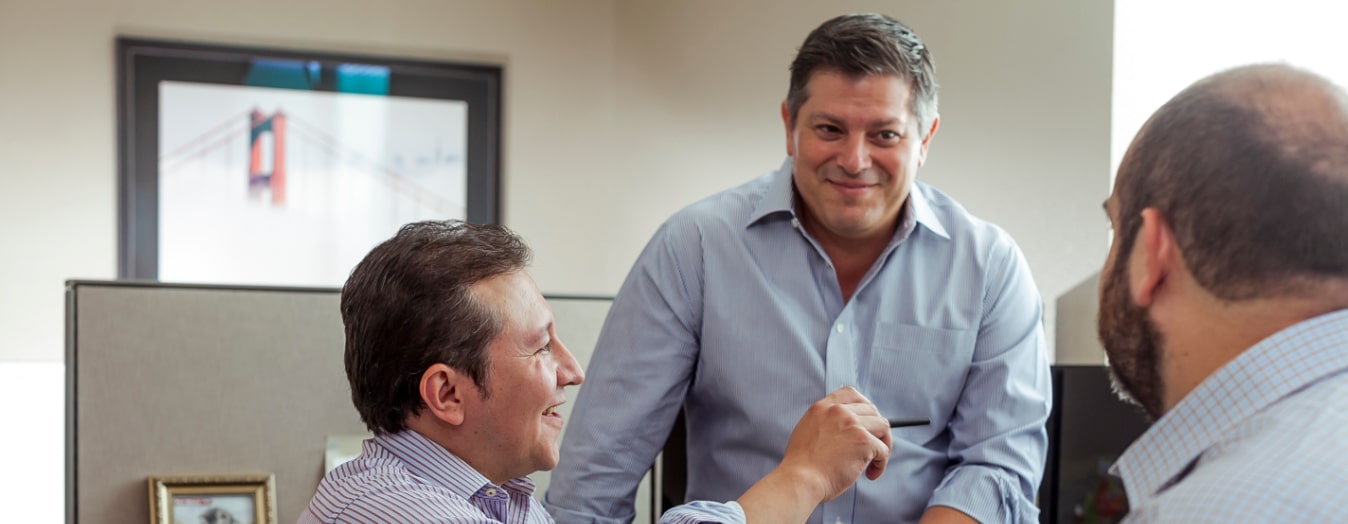The packaging manufacturing sector continues to attract private equity as a dependable growth investment. Packaging has long been a steady ship in the roughest of seas. But is that about to change? Is the flagship of ROI slowly taking on water? A storm of a different type grows in strength and momentum.
When visiting the “A Plastic Planet” website, you are greeted with this message:
WE ARE ALL PLASTIC ADDICTS.
OUR SIMPLE GOAL IS TO IGNITE AND INSPIRE
THE WORLD TO TURN OFF THE PLASTIC TAP.
The World Economic Forum put it best in one of their articles when they wrote, “Humanity’s relationship with plastic is rather schizophrenic.” And while they advocate for balanced solutions, it’s impossible to ignore their line, “There will be more plastic than fish in the ocean in 30 years, scientists estimate.” That kind of statistic embeds into a consumer’s brain.
Ok, fine, not good news, but there has been a tidal wave of reform and change in the industry. I mean, right? In 2018, The Economist published an article titled, “Only 9% Of The World’s Plastic Is Recycled.” And let’s not forget the legislation angle.
In May of 2019, California passed a law that requires a 75% reduction in single-use plastics by 2030. The Canadian government announced that it would ban single-use plastics as early as 2021. It’s enough to want to take up residence in your Happy Place permanently.
The good news is, as the pressure intensifies, so does the drive for innovative leadership and solutions.

TheCircular Plastics Economy Outside-The-Box
In last month’s blog post “(15) Clicks To Legendary Leadership In Packaging,” we dedicated an entire section to developing your innovation skills. One of the lines from that post says it all, “If you’re not pushing the envelope, the envelope won’t open.” Let’s take a closer look at the circular economy outside-the-box.
In Thinkstep’s post about sustainable packaging trends (which includes three videos), they tackle the many complexities to creating a circular economy. While their post is EU centric, it’s an influential read for any organization serious about sustainability.
The challenges are many. Will your packaging brand respond to the top (3) trends or just one? An effective strategy requires fully understanding the landscape.
At the bottom of the Thinkstep piece they write, “How can you, as a manufacturer, go against regulatory pressure and potentially risk push-back from customers, to carry out the more sustainable option?.” It’s an interesting question.
ReNew ELP, the winner of the FlexPack Recovery Challenge, offers up a hopeful headline on the homepage of their website; “Unlocking The Value Of Plastic Waste.” It’s a simple statement that gets to the heart of innovative thinking. The solution is found by seeing challenges as opportunities.
In his interview upon winning the challenge, Richard Daley, Managing Director of Renew ELP, mentioned a collaboration to help the country of Timor-Leste. He stated, “This (referring to their technology) represents a significant opportunity to provide real environmental and societal benefit to Timor.” Credible technology + credible impact = results.
In her article for Packaging Digest, Tristanne Davis states, “In the midst of this quickly evolving and increasingly multifaceted conversation on packaging sustainability, many companies are still struggling with the basics.” When our brains and brands struggle with information overload, an overwhelming sense of impossibility kicks in. Rising above the overwhelm is central to taking effective action.
Success on complex issues never happens in a vacuum
In the decades to come, packaging brands large and small will be running two brands, not one. There will be the brand that packages, and there will be the brand that provides the kind of “real environmental and societal benefit” that Richard Daly mentioned.
To accomplish this, to play at the top of your game, join coalitions, connect with influencers, engage in the solution. Grow your sustainability tribe to effectively author strategies that deliver tangible results. Develop the key relationships that will ensure you have a seat at the table.
A strong brand position requires a strong sustainability position.
What does this have to do with executive recruiting? EVERYTHING! How can we find the innovative leaders in the area of sustainability unless we know what they look like? And it speaks to our own values of always thinking outside-the-box.
Chase & Associates – We Have Your Back



